LL: I used Horizons math and supplemented with Life of Fred
MB: For math, I use Seton for K-3; Saxon for grades 4-10, [except for] Geometry…which we do in grade 9. I use the old Houghton-Mifflin book that I used when I took Geometry in 1982-83. P.S. I forgot to add that I have not taught math above Algebra 2, which we do in grade 10. But if I were to teach Trig, Pre-Calculus, or Calculus, I would probably use my old high-school textbooks. (I like the “old math” much better than the “new math.”) …this is the Geometry book that I’m using. It’s old (1972), cheap, and available: Modern School Mathematics Geometry by Ray C. Jergensen, Alfred J. Donnelly, Mary P. Dolciani
SB: K – 3rd: Modern Curriculum Press workbooks
4th – 7th: Saxon (56 in 4th grade to 87 in 7th grade)
8th Grade: Jacob’s Elementary Algebra
9th Grade: Jacob’s Geometry
10th Grade: Foerster Algebra and Trigonometry
11th Grade: Foerster Precalculus with Trigonometry
12th Grade: Foerster Calculus
KC: We used Singapore Math for elementary grades, then switched to Math-U-See after 6th grade…supplemented with some online things for specific areas where we needed more help.
LL: Forester is very thorough for pre-calculus and calculus. These you can get at Canada College in Redwood City, California.
KC: One thing that was helpful was getting college-level introductory algebra courses, Physics Made Easy, things like that. A fellow homeschooler who also taught engineering at the school our son ended up at once told us it was important to understand algebra as the language of science and engineering, that enables you to solve problems, and that it is the best way to understand and love God as Logos (or as Pope Benedict put it, primordial reason). That was really helpful in removing our algebra blockade!
LL: Algebra is critical for understanding calculus. We opted for intense algebra 1 and 2 followed by pre-calculus for one of our kids. We skipped geometry. The other one had an easy time with math and did all the classes. If a child has executive function disorder, then the sequencing skills necessary for doing proofs just isn’t there, so focus on what the student can do. They can always come back to geometry later.
BS: My son does have executive functions issues, but he is doing great in geometry. I do think it’s important to have geometry (and all the algebra) for calculus…it gives you all the formulas you need and gets you the 3d thinking needed for the advanced classes. That being said, I don’t think that path if for everyone; the kids going into technical majors and computers should have it though.
LL: Yes, you are right; their choice of major does guide our decisions about what to teach. Even with [learning disabilities] every child is different. What works for one of our children doesn’t necessarily work for all of them. So many of our decisions are based on gut instinct because we know our kids. It is wonderful to have a supportive community to brainstorm ideas instead of having to think inside the box like traditional systems tend to do. My kids really needed a lot of out-of-the-box decisions that I would not have made when I began teaching, but over time gained confidence. Over time, we also learn what it feels like when the Holy Spirit is guiding us. So many times I still don’t know the right thing to do in a situation, but the Holy Spirit shows up 100% of the times I ask for guidance. While my children were being taught school subjects, I was being taught to trust God.
KC: Another thing that can be really helpful is Learning Palettes. They cover many subjects, but especially math, and they include a focus on patterns etc. that lay the groundwork for algebraic thinking. They are self-correcting learning tools, so younger students can use them independently, but you can also discuss the concepts.
AH: Very neat, KC! We do have several of the Wrap-ups from that company. Here’s the website for all their products: https://learningwrapups.com/home
I clicked around and found an online version of Learning Palette for free: https://learningpalette.com
CG: I used these Wrap-Ups in my classroom probably 40 years ago.
AH: For math, we use Life of Fred and Euclid, along with occasional online tutorials if needed (e.g. Khan Academy, YT videos, etc.), but do not start formal math until late elementary-age. Math is a life skill used in everyday activities and problem-solving, so they get a lot of real-world experience by then.
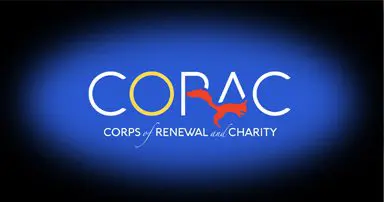


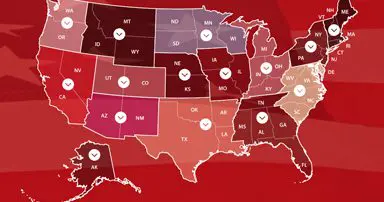



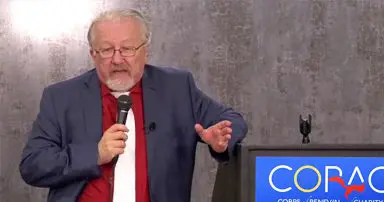
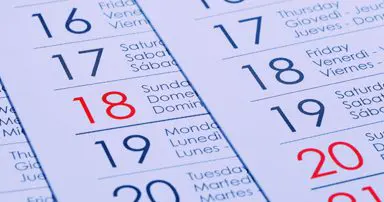

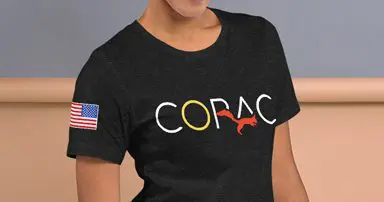



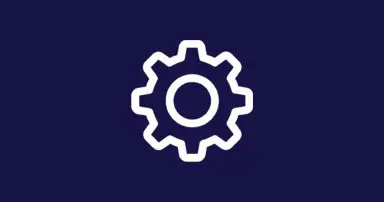




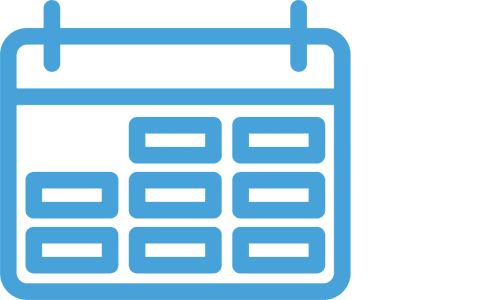





0 Comments